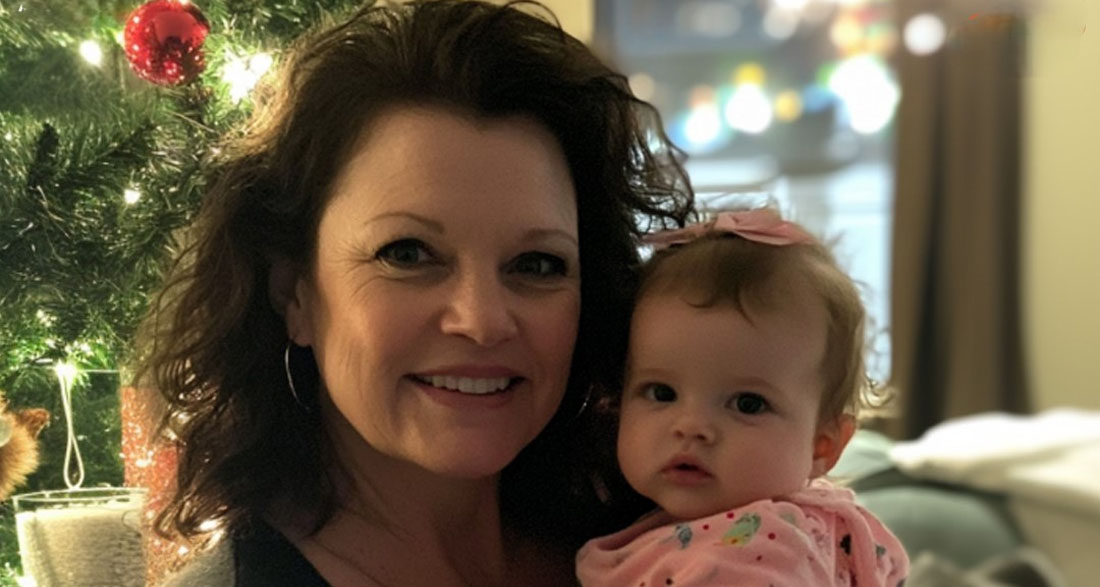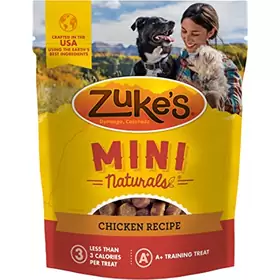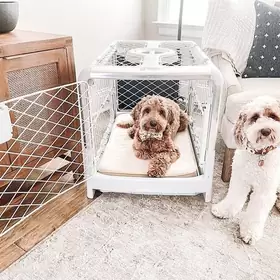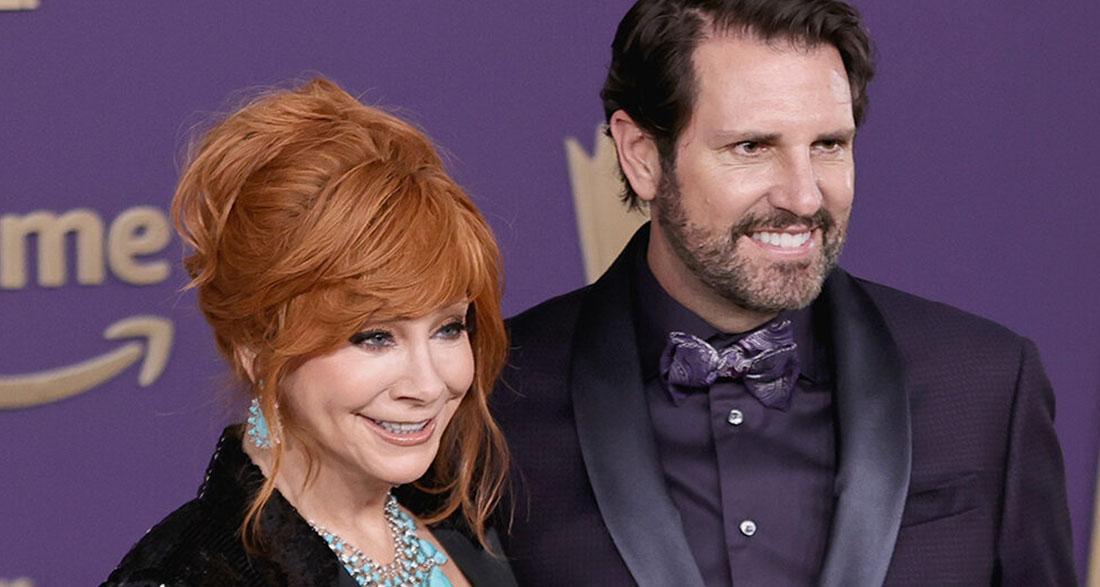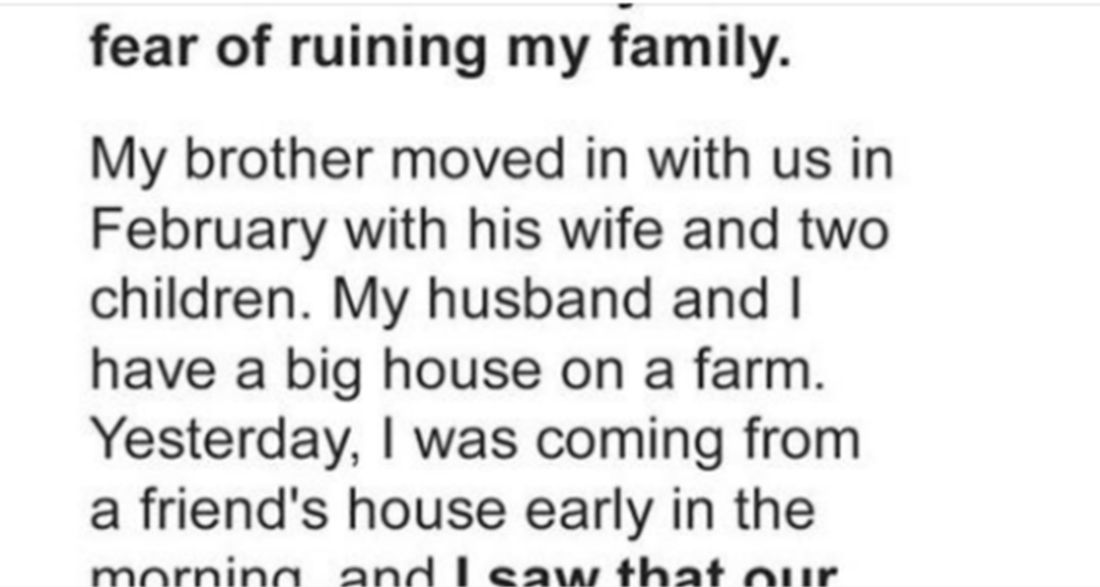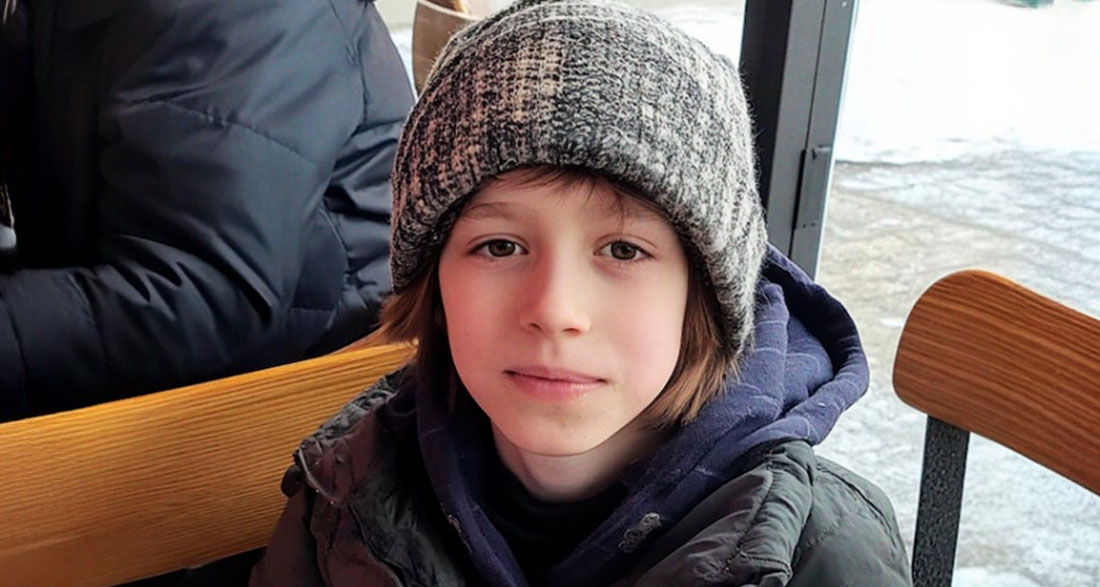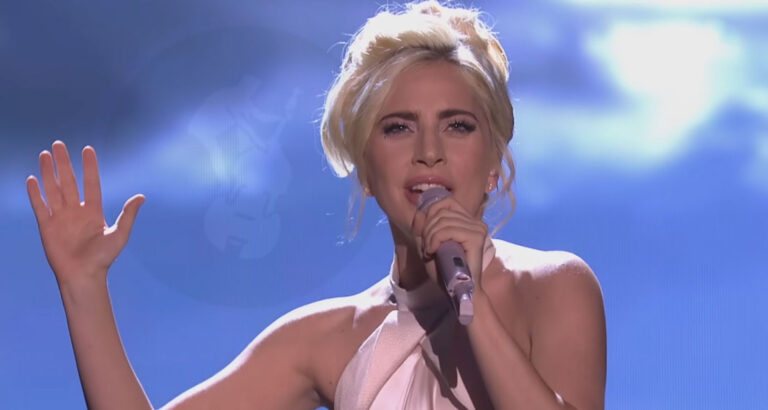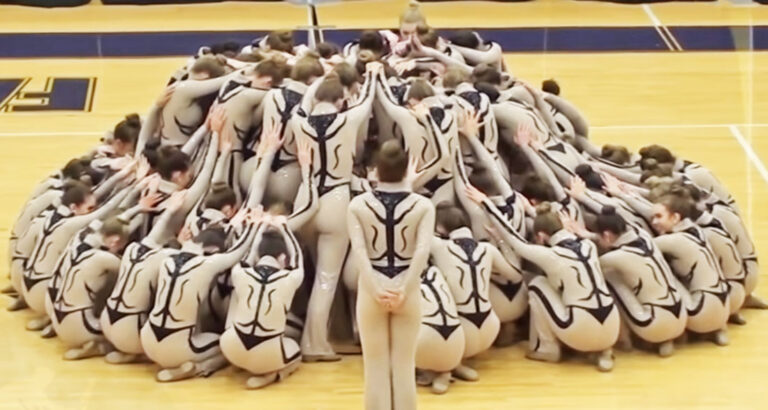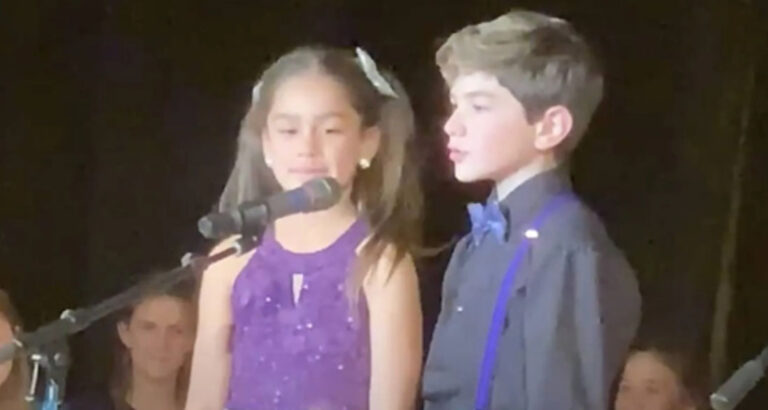When my stepdaughter Alice asked me to babysit her baby girl Ellie, I didn’t hesitate. After all, I had spent years happily taking care of my grandchildren. From reading bedtime stories to helping with homework, I had always been there for them.
I’d poured love and patience into every moment. But this time, things would be different. What started as a simple favor turned into a challenge that tested my boundaries, my respect, and my self-worth. And now I’m left wondering: was I wrong to say no?
A Lifetime of Care
Retirement had been the best time of my life. I loved being “Grandma Daycare,” looking after my grandchildren. There was nothing more satisfying than seeing their faces light up when they asked for stories or cuddles.
Tommy always begged for the “dancing bear” story, and Lily would climb into my lap, demanding the princess one. Their giggles filled my heart and made all the exhaustion worth it.
By the time Alice had Ellie, I was already babysitting my 18-month-old grandson five days a week. Between caring for the older kids during summer breaks and having a busy household, I didn’t know how I’d manage another baby. But I was ready to help. That was until Alice and her boyfriend Sam handed me a three-page rulebook.
The Rulebook
“We’ve made a list of requirements,” Alice announced one evening, handing me a piece of paper as if I were applying for a job.
I glanced at the list, and my heart sank.
- No cooking while the baby is in the house.
- Only one child allowed at a time.
- My cat, Muffin, must stay out of any room Ellie occupies—even if she’s not there.
I couldn’t believe my eyes. “You’re serious?” I asked, stunned.
Sam, arms crossed, gave me a curt nod. “It’s for Ellie’s safety.”
“Safety?” I replied, feeling my blood boil. “I’ve raised three kids, helped raise two stepkids, and cared for four grandkids without an issue. What exactly are you saying about my parenting?”
Sam shrugged, a dismissive look on his face. “Times have changed. There are new recommendations.”
I was speechless. “New recommendations forbid cooking? Or having siblings and cousins over? Or having a pet?” I handed the list back to Alice. “This won’t work for me. You’ll need to find someone else.”
Their faces fell. Alice looked at me with pleading eyes, but I didn’t back down.
Temporary Becomes Permanent
Months passed, and one day Alice called me in a panic. “Mom, our sitter canceled last minute. Can you watch Ellie tomorrow? Just for the day?”
I hesitated. “You know I won’t follow those rules, right?”
“That’s fine,” Alice sighed, sounding desperate. “We really need your help.”
That “one day” quickly turned into four months. While I adored Ellie, Sam’s constant interference made every moment unbearable. He’d nitpick everything. Muffin wasn’t allowed anywhere near the baby, and Sam counted how many kids were in the house. He even criticized my cooking.
One afternoon, Sam arrived early, his eyes narrowed. “Two kids at once? Dangerous, don’t you think?”
I tightened my grip on Ellie, my patience wearing thin. “Sam, if you have concerns, we can discuss them—just not in front of the children.”
He scoffed, clearly annoyed. “I guess we don’t have a choice but to put up with this for now.”
His condescension was unbearable, but I bit my tongue, not wanting to make things worse for Ellie.
The Breaking Point
Thanksgiving came, and I had informed Alice and Sam well in advance that all my grandkids would be visiting. But when Sam picked Ellie up, he made another rude comment.
“This isn’t safe,” he snapped. “You can’t give Ellie the attention she needs with all these kids around.”
I stayed calm. “Then make other arrangements,” I said, my voice steady but firm.
The next day, Sam arrived and, in front of Ellie, muttered, “I’m sorry, my baby. I guess we have no choice but to leave you in an unsafe situation to be neglected.”
I couldn’t believe my ears. Ellie might not have understood the words, but I did. And the message was loud and clear: Sam didn’t respect me. He didn’t care how his words affected me.
“How dare you?” I whispered, shaking with anger. “Don’t you dare use this child to insult me.”
That night, I called Alice. “You have two weeks to find other childcare,” I said, my voice breaking. “And Sam is no longer welcome in my house.”
“Mom, please,” Alice pleaded. “He didn’t mean it.”
“He meant every word,” I replied. “And your silence makes you complicit. Two weeks, Alice. That’s final.”
The Aftermath
Alice reluctantly agreed, and Ellie returned to daycare. But the next few weeks, I discovered something that cut even deeper than Sam’s words: a post Sam shared on social media. He wrote, “Thankful we finally found someone safe to watch Ellie after dealing with a HORRIBLE babysitter.” He tagged me in the post. “Some people just aren’t cut out for childcare.”
What hurt the most was seeing that Alice had “liked” the post.
When Alice called again, asking me to resume babysitting, I stood my ground. “I can’t do it,” I told her. “You’ve disrespected me too many times.”
“But we can’t afford daycare!” she cried.
“Maybe you should’ve thought about that before letting Sam humiliate me,” I said, my voice cold.
Learning the Hard Way
Soon, Alice and Sam realized daycare wasn’t as easy as they thought. Diapers and formula weren’t included, and one worker had to care for multiple babies at once. To afford the costs, Sam sold his dirt bike, and Alice sold her designer handbags.
My husband and stepson both urged me to reconsider. “Don’t punish Ellie for her parents’ behavior,” they said, trying to soften my stance.
But respect is a two-way street. I’ve spent my life caring for children—giving my time, love, and energy without asking for anything in return. I would never tolerate being disrespected in return.
The Hard Truth
During a family dinner, my stepson made a hurtful comment: “If this were your biological grandchild, you’d forgive and move on.”
I set my fork down, my hands trembling with emotion. “How dare you suggest that I love any of my grandchildren less?” I said, my voice shaking. “I’ve poured my heart into this family for decades. But love doesn’t mean accepting abuse.”
My daughter Sarah, who had been listening quietly, chimed in, “Would you let someone treat Mom that way? Mom’s right to stand her ground.”
Ellie deserves love, but so do I. And love doesn’t mean being a doormat.
The Takeaway
Being a grandparent doesn’t mean being a free nanny. Our help is a privilege, not a right. To all the Sams and Alices of the world: respect those who care for your children. Because one day, you might find yourselves scrambling for someone else to do the job you took for granted.
What do you think of the story? Share your thoughts in the comments below!


